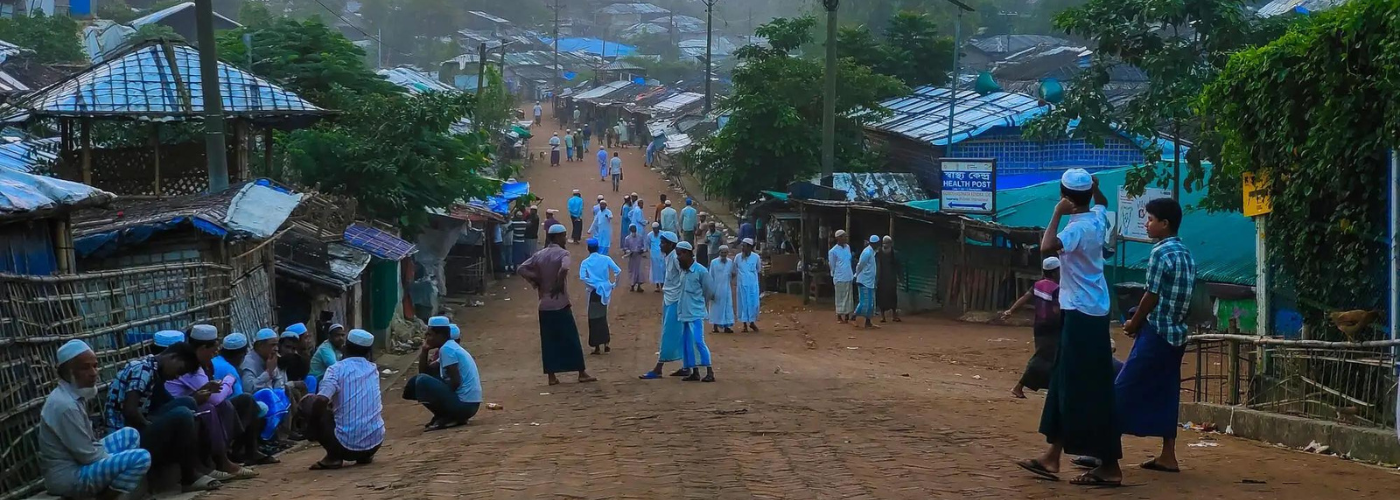
Bangladesh: MSF sees severe spike in arrivals of war-wounded Rohingya from Myanmar
August 10, 2024Escalating numbers of Rohingya people with violence-related injuries have crossed the border into Bangladesh over the past week, says international medical organisation Médecins Sans Frontières/Doctors Without Borders (MSF), indicating the worsening humanitarian crisis in Myanmar’s Rakhine state.In the four days...
Read more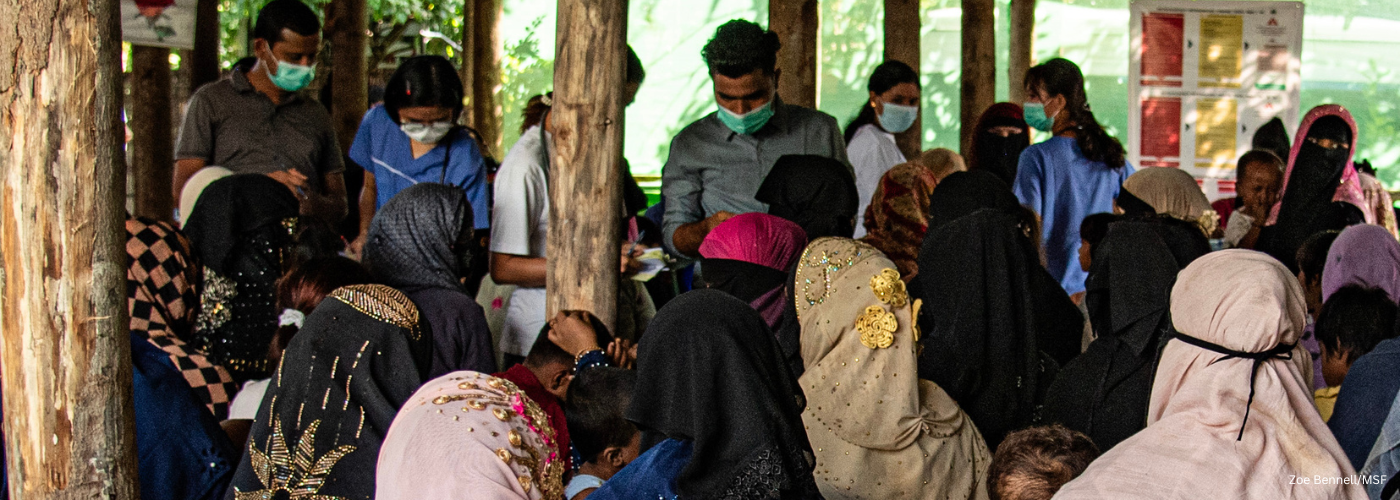
Myanmar: MSF suspends medical activities in northern Rakhine state
June 28, 2024The extreme escalation of conflict, indiscriminate violence, and severe restrictions on humanitarian access in northern Rakhine State, Myanmar, have forced Médecins Sans Frontières (MSF) to suspend medical humanitarian activities in the townships of Rathedaung, Buthidaung and Maungdaw. MSF ran 14 mobile...
Read more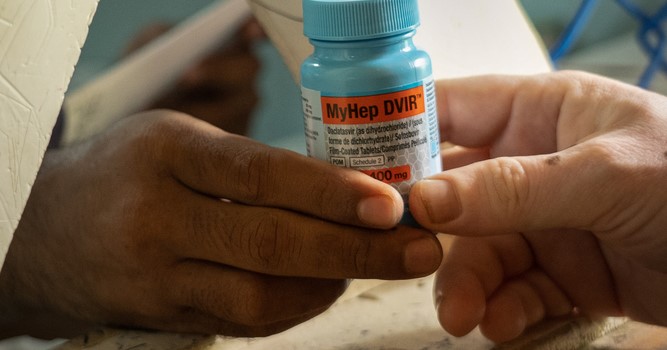
Lack of hepatitis C care means most Rohingya refugees cannot be cured amid alarming prevalence rates in camps in Bangladesh
June 13, 2024A study carried out by Médecins Sans Frontières (MSF) indicates that almost 20 per cent of the Rohingya refugees tested in the Cox's Bazar camps in Bangladesh have an active hepatitis C infection.A blood-borne virus, hepatitis C is a disease...
Read more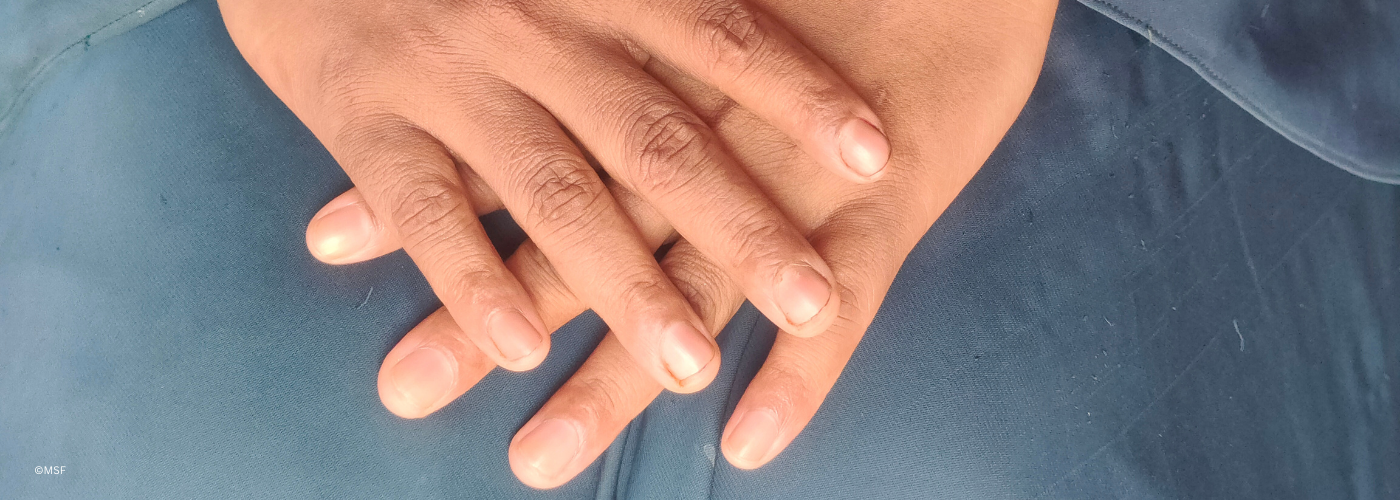
World Health Day: Women’s healthcare challenges in Bangladesh
April 8, 2024In Bangladesh, Rohingya refugees fleeing violence and persecution in Myanmar have sought refuge in Cox's Bazar district where MSF has been providing medical services since 1992. The latest and the largest influx occurred in 2017, when nearly 700,000 Rohingya entered...
Read more
From Clinics to Sludge: The many facets of MSF
February 9, 2024When people think of Médecins Sans Frontières / Doctors Without Borders (MSF), images of medical teams providing life-saving care often come to mind. However, MSF's impact extends well beyond medical aid, with significant efforts in areas that are not just...
Read more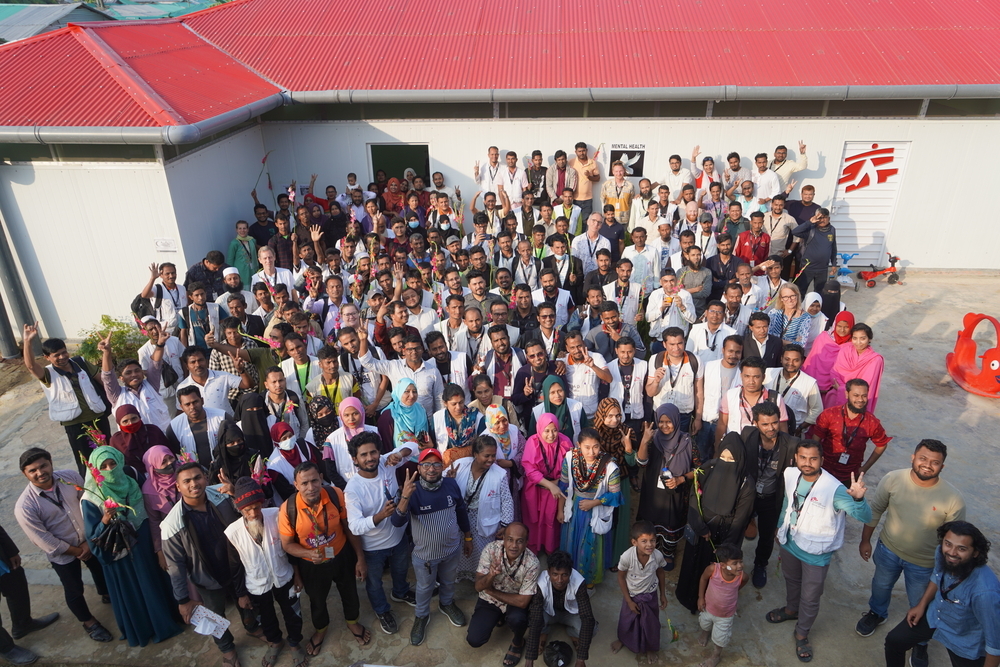
Bangladesh: The needs are here and now – MSF reopened its clinic two years after fired destroyed it
January 5, 2024Two years ago, on March 22, 2021, a devastating fire swept through the world's largest refugee camp in Cox’s Bazar, Bangladesh. It killed 15, injured 560, and left 45,000 people without shelter. The fire also destroyed the Doctors Without Borders...
Read more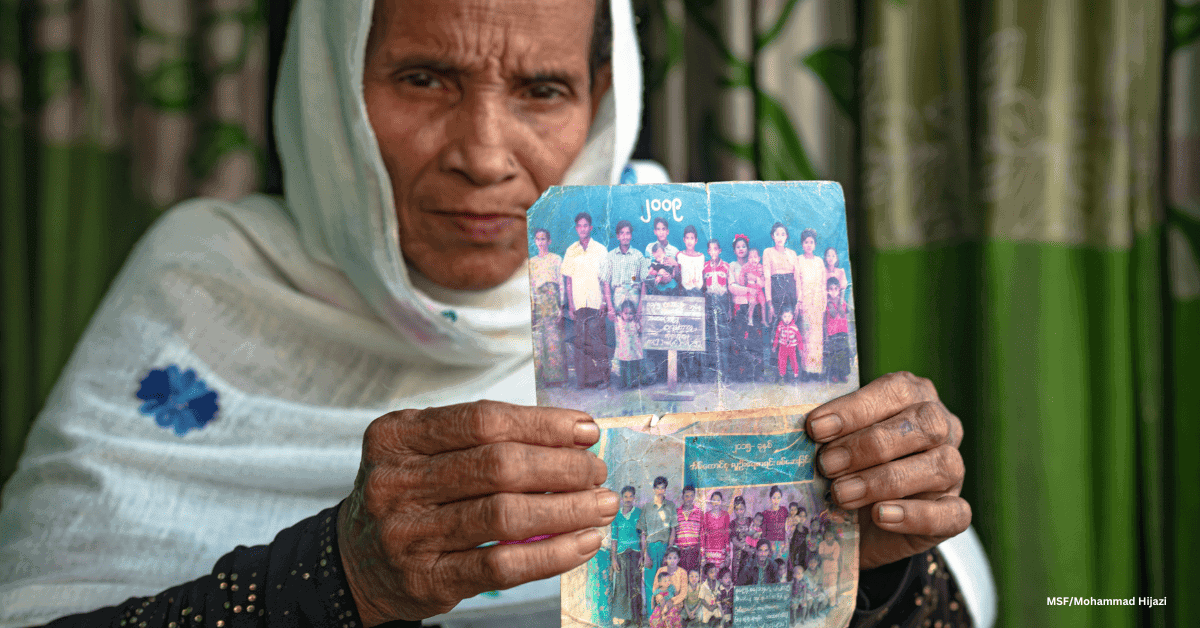
Remnants of home: six years on, the lasting mementos of Rohingya families
September 6, 2023Once, in villages within Rakhine State in western Myanmar, the Rohingya community lived, raising families and pursuing livelihoods. However, that existence was shattered on 25 August 2017, when a wave of targeted violence and persecution forced the Rohingya to flee...
Read more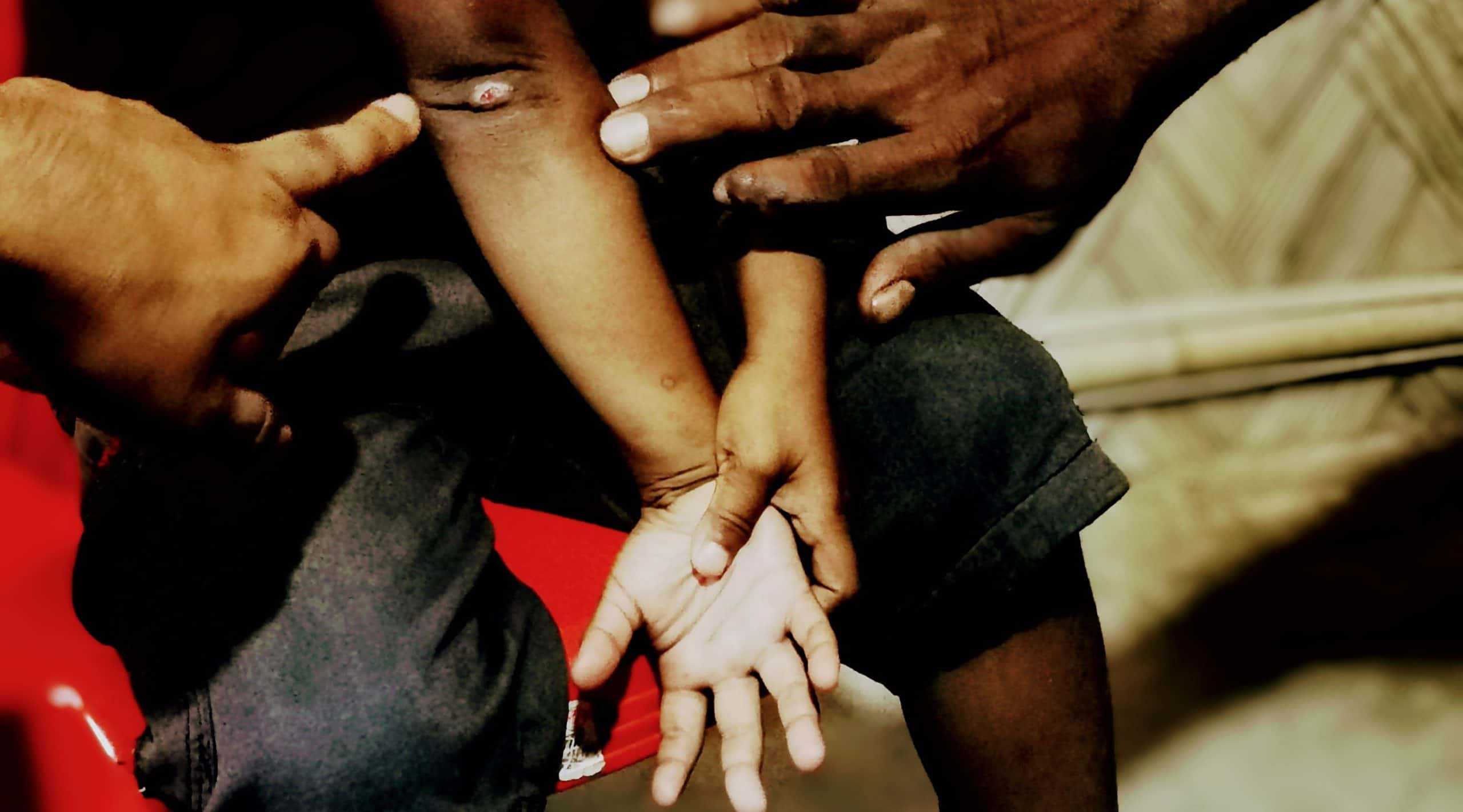
Bangladesh: MSF calls for an urgent and comprehensive response to the scabies outbreak in Cox’s Bazar refugee camps
July 13, 2023Cox’s Bazar, 12 July, Wednesday - An outbreak of scabies, the skin disease, is affecting hundreds of thousands of Rohingya living in refugee camps in Bangladesh’s Cox’s Bazar district, demanding an urgent response, says international medical organisation Médecins Sans Frontières/Doctors...
Read more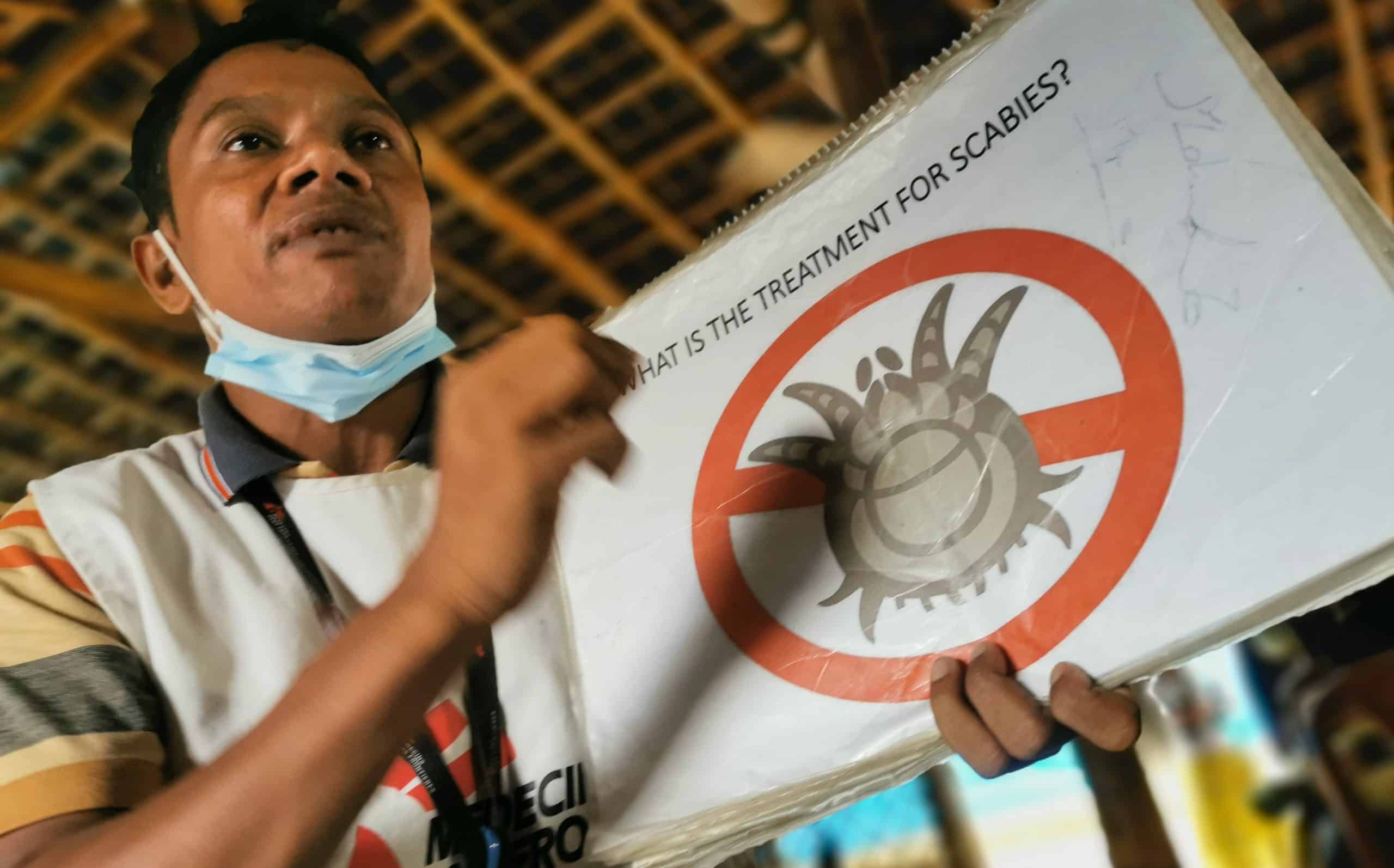
Bangladesh: Scabies in Rohingya refugee camps
June 7, 2023Ali, an MSF community-based health promotion volunteer raises awareness on scabies in the clinic’s waiting area. 1 June 2023, Jamtoli Clinic, Ukhiya, Cox’s Bazar, Bangladesh. ©Olivier Malvoisin Nearly 40 percent of people in the Rohingya refugee camps in Bangladesh have...
Read more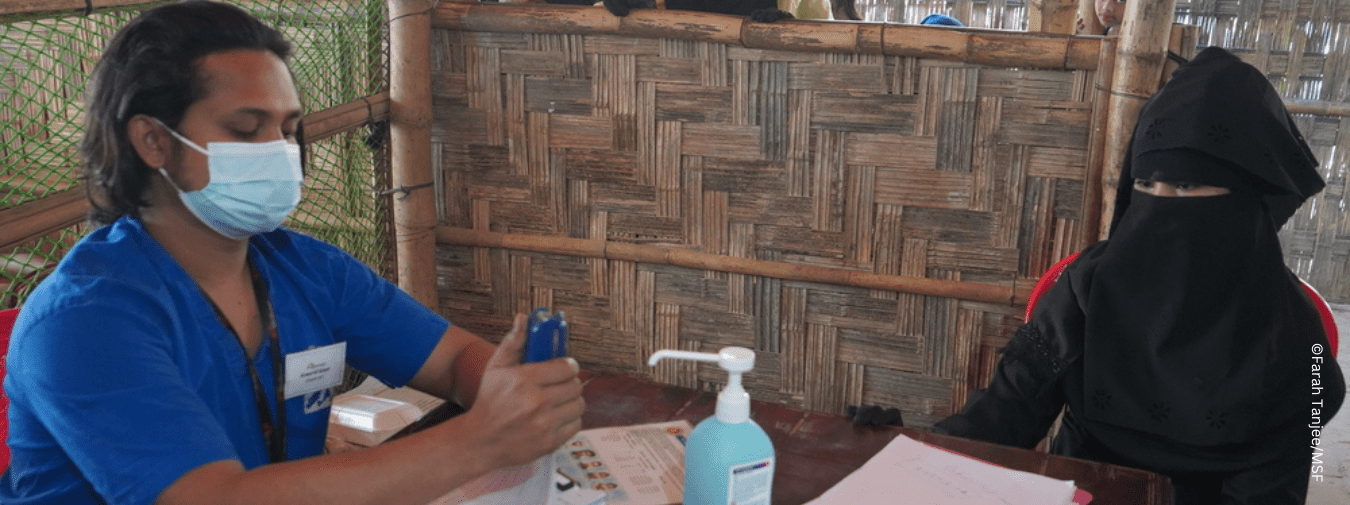
Bangladesh: Scabies outbreak worsens in Rohingya refugee camps; more action needed to bridge healthcare gaps
March 27, 2023MSF teams in the world’s largest refugee camp in Bangladesh are overwhelmed by the ongoing outbreak of scabies and are calling on other health actors to take their responsibility. Ajmot Ullah is a 26-year-old Rohingya refugee living in the world’s...
Read more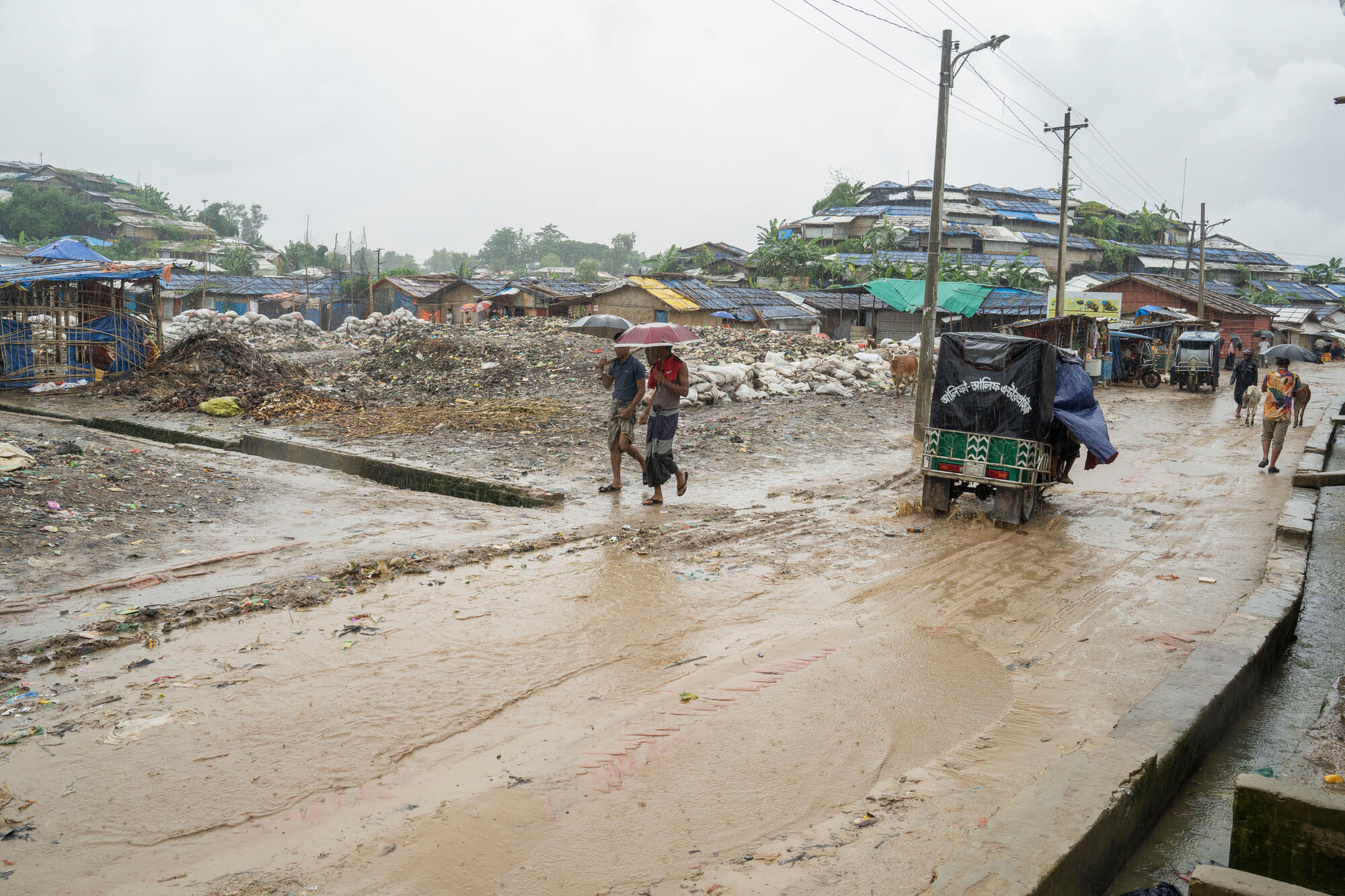
Bangladesh: Cuts to refugees’ food rations will have serious health impact, warns MSF
March 2, 20232 March 2023 – Cuts to the food rations received by around one million Rohingya refugees in Cox’s Bazar district, Bangladesh, will increase their risk of malnutrition and have a serious impact on their health, says international medical organisation Médecins...
Read more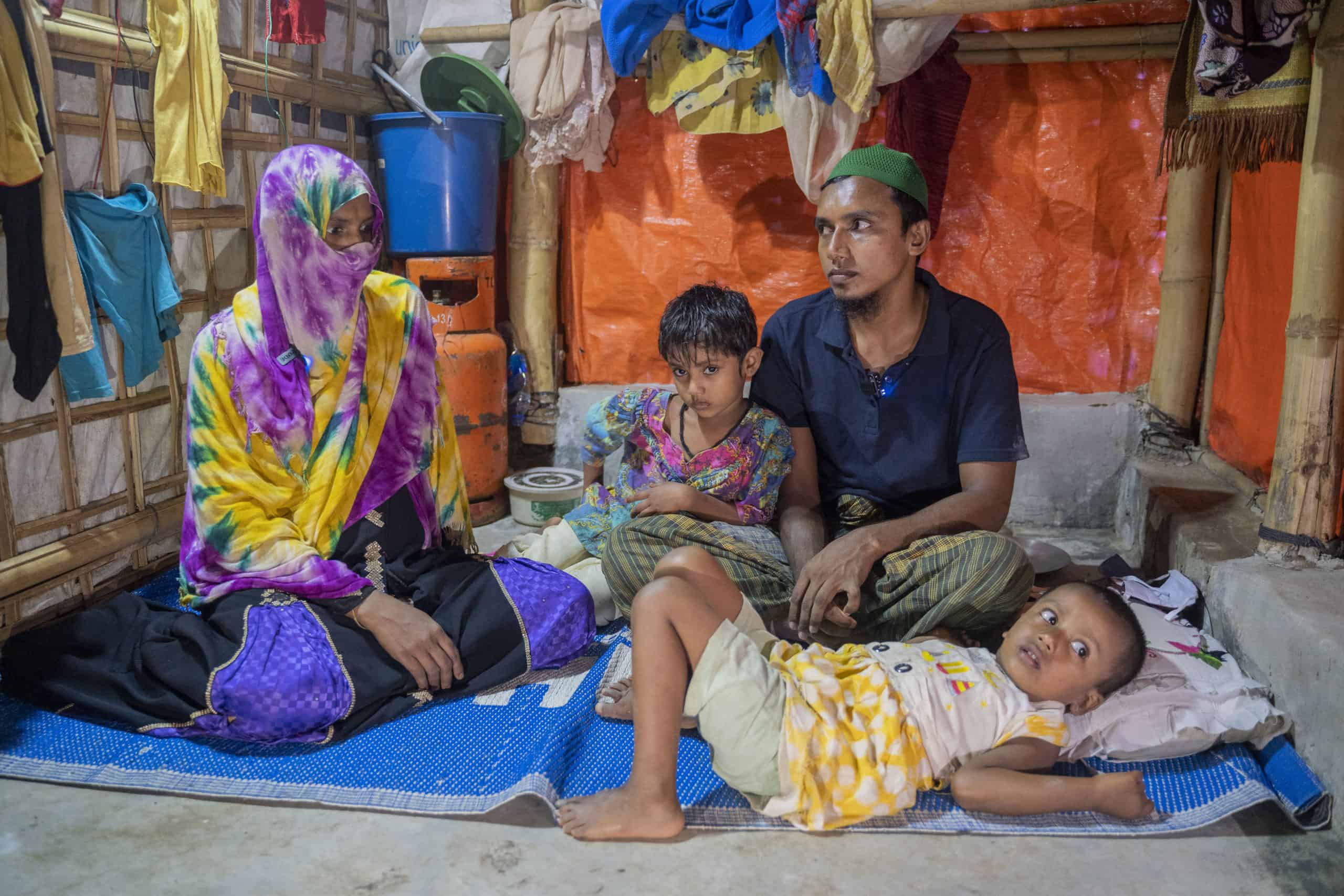
5 years on: 5 Rohingya people talk about their past, present and future
August 24, 2022Médecins Sans Frontières/Doctors Without Borders (MSF) spoke with five Rohingya people living in refugee camps in Cox’s Bazar, Bangladesh, to understand how they see their lives five years since being forcibly displaced from Myanmar. Representing the ages five, 15, 25,...
Read more











